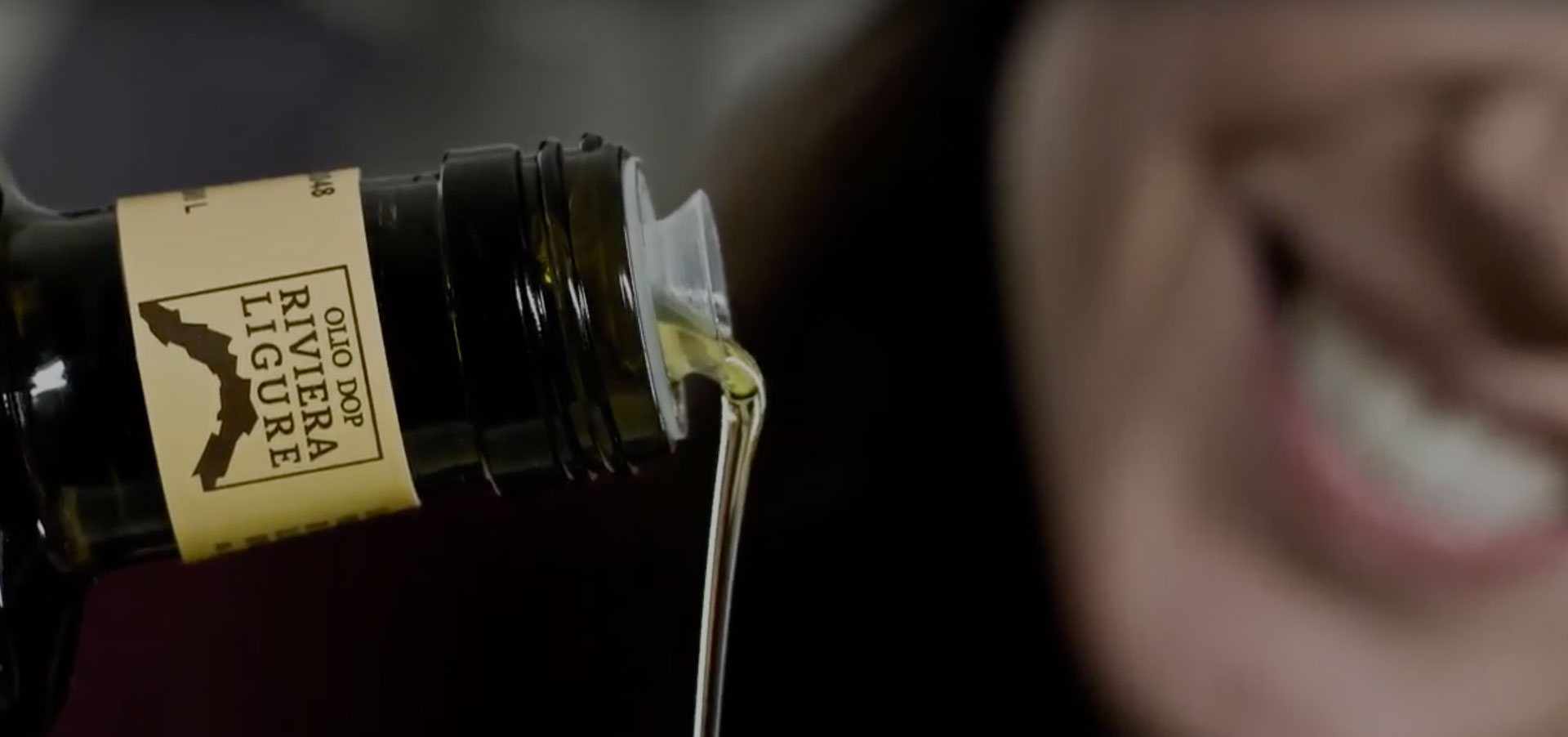
Terrazze Bacigalupo is a young, innovative business whose genesis, yet, dates back to the past.
Owner Sandro Bragoli has made a life choice in a place – where his family’s origins are rooted – he seems to be viscerally attached to. Sandro has his own job in an entirely different sector, but his administrative skills translate into a commitment to the area. An inclusive commitment, not an individualistic one.
Terrazze Bacigalupo is located in the municipality of Tribogna, in the Fontanabuona valley. It comes as no surprise this is a place of Roman agricultural colonisation. Fertile as the not-easy Ligurian territory can be, first the laborious terracing and then the cultivation.
The vision of the business aims to recover several crops, in a centuries-old property: an olive grove, vineyard, hazel grove, and chestnut grove. All are linked to history and created with acquisitions: variety allows more management innovations.
Terrazze Bacigalupo has a project in the making. The 650 historical olive trees tended for centuries by the Bacigalupo ancestors will be enriched by 150 new plantings over the next few years. Then another 400. The cultivars are classic: Lavagnina, Frantoio and Pendolino; the area is obviously all registered in the control plan for the Extra Virgin Riviera Ligure DOP.
Also worth mentioning are the vineyards: DOC Golfo del Tigullio-Portofino, with even rare historical varieties such as scimiscià.
The hazelnut groves refer to the famous ‘Misto Chiavari’. Finally, chestnuts have been the soul of Fontanabuona. Here is the restoration of a secchereccio (a traditional hut used to dry chestnuts) and the production of flour, once a popular product and now a rarity.
Rural areas have historical evocative names. The heart is Pian dei Preti, an ancient ecclesiastical property, perhaps the so-called parish prebend. Novelle alludes to cultivated land, given the deforestation of the Fontanabuona implemented since Roman times. Bovereto alludes to arable land cultivated with oxen, while Rappalupo to the presence of a predator, that has made a recent comeback.
The project relates to organic conversion and precision farming, in an azienda agricola open to visitors (experiences and activities for schools). Dry-stone walls, for example, are set up with stones placed sideways to foster forage grasses.
The label that will unite all the products depicts a local map and evokes terraces. Printed on sustainable paper, derived from grape marc, at the KC print shop. The QR code links to the business website.



